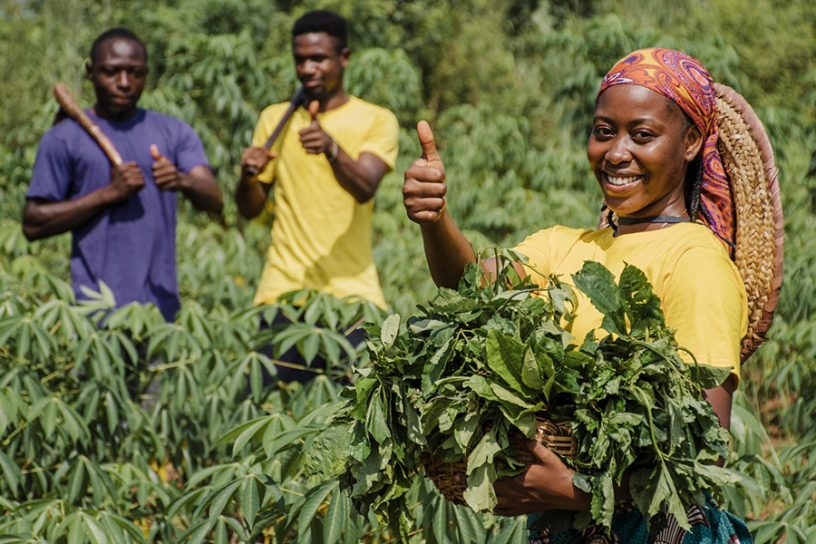
The results from the study indicate that having external networks outside the community is an important coping mechanism for terror-related shocks, both for overall welfare and food consumption.
Authors
Chuku Chuku, International Monetary Fund (IMF), Washington, DC, United States.
Chisom Ubabukoh, Assistant Professor, Jindal Global Law School, O.P. Jindal Global University, Sonipat, Haryana, India.
Summary
Households in Nigeria live in inherently risky environments; accentuated by the preponderance of terror incidences, banditry, and farmer–herder-related clashes that are more concentrated in the northern than southern parts of the country. This study examines the proposition that households with a robust network roster—especially networks related to ethnicities and financial remittances from outside their communities—are better able to weather the idiosyncratic and aggregate impact of terror-related shocks; and thus, experience less consumption variability to terror-related shock than other similar households without the “insurance” of an external network.
Our main empirical strategy applies a panel difference-in-differences specification to three waves of the LSMS-ISA surveys for Nigeria. The results from the study indicate that having external networks outside the community is an important coping mechanism for terror-related shocks, both for overall welfare and food consumption. The difference in consumption variability between groups with outside network “insurance” and those without could be as high as 20 percentage points. Thus, risk-sharing arrangements for households should exploit outside network insurance mechanisms to mitigate welfare losses from terror-related shocks.
Published in: Review of Development Economics
To read the full article, please click here.


